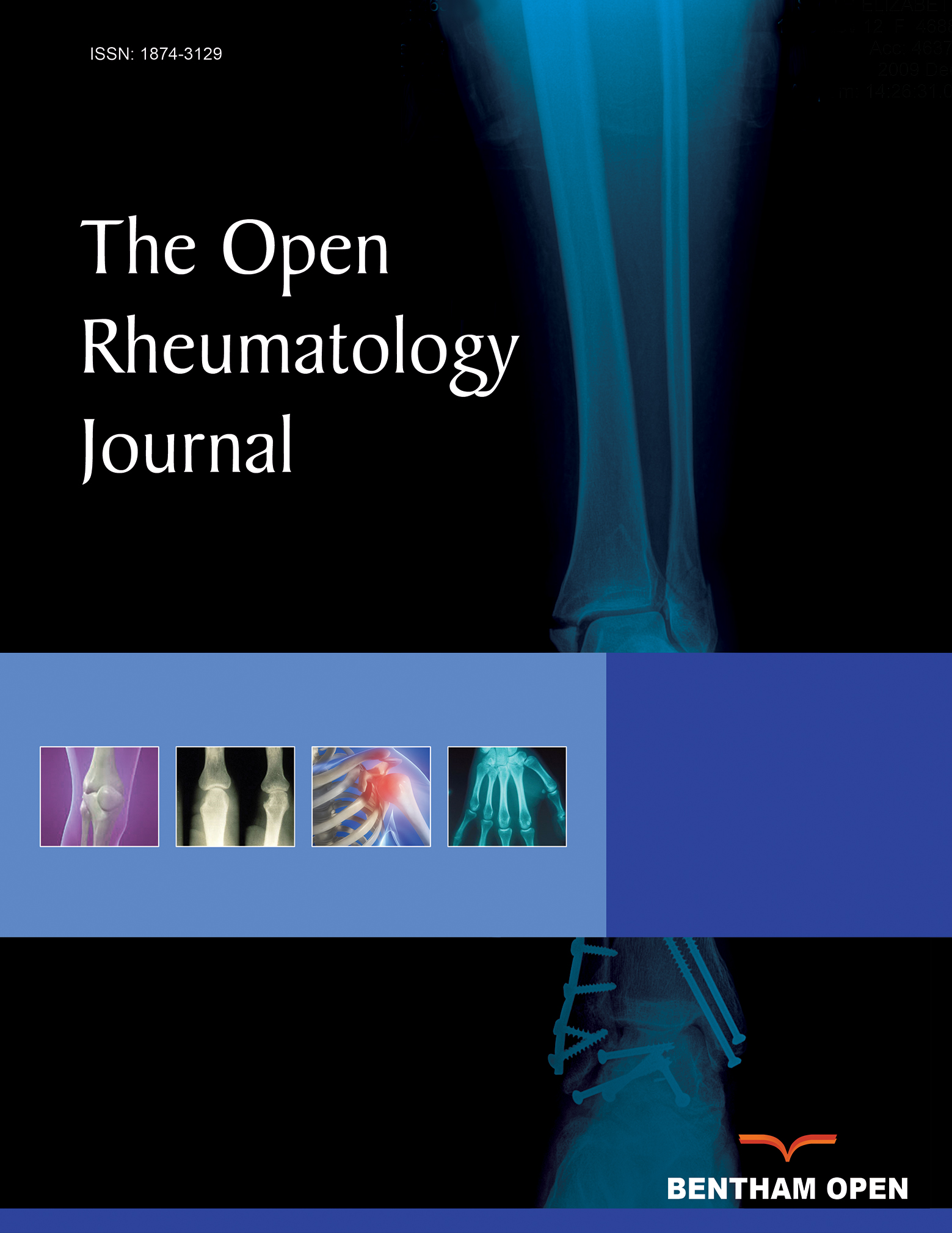All published articles of this journal are available on ScienceDirect.
Effect of Low-Dose Corticosteroid Use on HBV Reactivation in HBsAg-positive Rheumatoid Arthritis Patients
Abstract
Background:
It is well known that the use of corticosteroids (CS) results in increased viral replication and elevated alanine aminotransferase in hepatitis B virus (HBV) patients. However, only a few studies have investigated the effect of low-dose CS on HBV reactivation. In addition, there are few studies on the effects of synthetic disease-modifying anti-rheumatic drugs on HBV reactivation.
Objective:
We investigated the reactivation of HBV in rheumatoid arthritis (RA) patients treated with long-term low-dose corticosteroids. In addition, we analyzed factors affecting HBV reactivation, including disease-modifying anti-rheumatic drugs.
Methods:
We retrospectively reviewed medical records and analyzed the incidence of HBV reactivation in RA patients who were hepatitis B surface antigen (HBsAg) positive and who were receiving ≤10 mg of prednisolone over 4 weeks. Logistic regression analysis was performed to investigate the factors that increase the risk of HBV reactivation.
Results:
A total of 141 patients were included in the study, out of which 24 (17.0%) patients had HBV reactivation. The administration of low-dose corticosteroids did not affect HBV reactivation in HBsAg-positive RA patients (odds ratio: 0.807, 95% confidence interval: 0.143–4.546, p = 0.808), nor did the duration of corticosteroid administration, average daily corticosteroid dose, and cumulative corticosteroid dose. Administration of leflunomide was found to significantly increase the risk of HBV reactivation (odds ratio: 3.851, 95% confidence interval: 1.026–14.459, p = 0.046).
Conclusion:
The administration of low-dose corticosteroids did not affect the rate of HBV reactivation, suggesting that it can be used safely. Leflunomide may increase the risk of HBV reactivation; therefore, HBV patients should be carefully monitored when receiving this drug.


